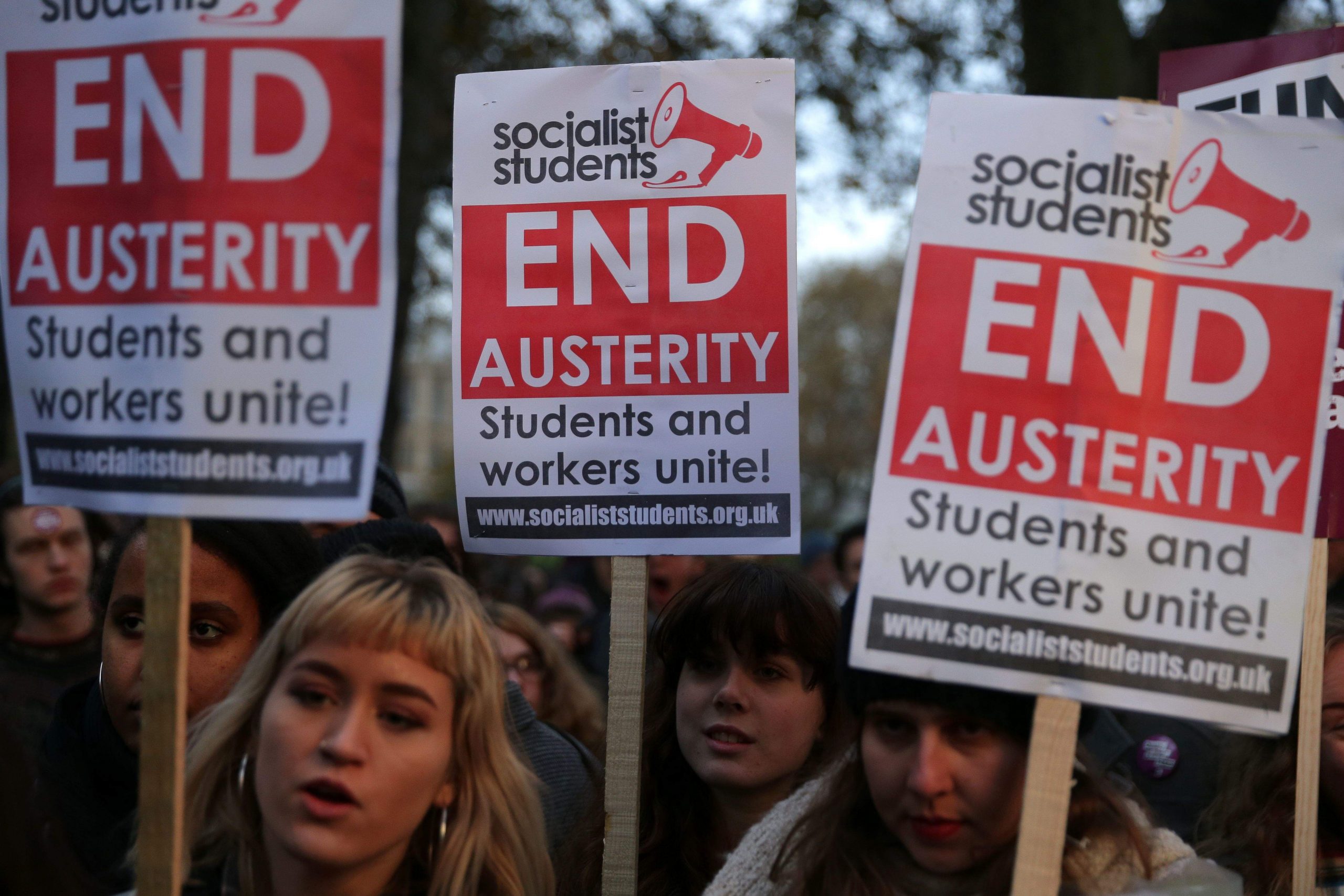
The shape of Jeremy Corbyn and Labour’s pitch to the country is clear. The overarching theme is a “rigged” system, a Bernie Sanders style anti-establishment campaign.
This started with a clear economic focus, but will build out to public services and state support more generally: first, the switch to under-funded schools, and we’ll soon see the NHS emerge as the primary target. As the shadow Health secretary Jon Ashworth said, Labour believes the public has reached a “tipping point” in their concern about waiting lists and accident and emergency services.
And this focus makes perfect sense for Labour. It just won’t work as well as they might hope.
Why does it make sense? Firstly because there is record pessimism about the future of the NHS. Our poll from March showed that 62 per cent of those surveyed expect the NHS to get worse in the next five years, the highest we’ve measured – and by far the most negative outlook for any public service.
It also makes sense because this is one the very few important issues where Labour has a lead over the Conservatives. In our monthly issues index for February, more than half of voters said it was one of the most important issues facing the country, the highest level since 2002. And it’s always in the top three issues that people say determine their vote.
And Labour still have a lead on the NHS: 36 per cent say they have the best policies of all the parties, with the Conservatives on just 23 per cent.
So why will it not work well for Labour?

First, Labour’s lead on the issue is nothing like it was, even in the relatively recent past. In 2012, 46 per cent thought Labour were the best party for the NHS, and only 16 per cent thought the Conservatives were. In previous decades, Labour was up above 50 per cent at various points. They’ve lost a lot of ground as the originator and defender of the NHS.
Second, while Corbyn is right to claim that issues like public services have more day-to-day impact on people, our relationship with Europe is uniquely dominant right now. Outside a major political upheaval like Brexit or an economic meltdown, there is no doubt that the NHS would have topped concerns over the winter, as we’ve seen it do many times before. We have a special relationship with the NHS, and when we feel it’s under threat it can trump all other concerns – as in the early 2000s, when more than 70 per cent said it was the key national issue. But instead, Brexit tops the list right, with the EU higher in people’s minds than at any point since we started asking the question in 1974.
In any case, it’s not even clear that a real tipping point has been reached in our health care concerns. While our worry for the future is extremely high, current satisfaction and overall ratings are still high, and not declining that much. This is shown across lots of surveys of individual health services: ratings are slipping, but slowly. And this is brought home by international comparisons – we’re the most worried about the future of our health service out of 23 countries, but we’re also among the most satisfied currently. We’re a country-level example of the “worried well”.
And this leads to a fourth point – expectations of public services seem to be shifting. The narrative of the necessity of spending cuts is so firmly embedded now that expectations of the level of service we can afford as a country may have moved for the long-term.
We asked in 2012 what percentage of planned spending cuts people thought had been made. Of course, this is an impossible question to answer definitively, but it is a useful gauge of how long a road people think we have ahead. Back then, people thought 40 per cent of planned cuts had already happened. Now, five years later, we think it’s still just 37 per cent. The idea of semi-permanent austerity has taken hold.
Of course, this could still provide a key leverage point for Labour, if people think there is a way to avoid this future. But the key point is that the cuts are not biting at a personal level for large proportions of the population, rather they are concentrated among quite a small proportion of people. So, back in 2012, 32 per cent said they had been affected by cuts to public services – by 2017 this had actually declined to 26 per cent. No cumulative, growing resentment at the personal impact of cuts – in fact, the opposite.
And similarly, back in 2012, 61 per cent were concerned about the impact of future cuts on them and their families. But by 2017 this was down to 45 per cent.
We are constantly scanning for the “tipping point” that the Labour MP Jon Ashworth has identified. It may come suddenly, and if it comes it seems most likely it will be the NHS that shifts the balance. But there’s no sign yet, and that makes Labour’s message that much more difficult to land.





